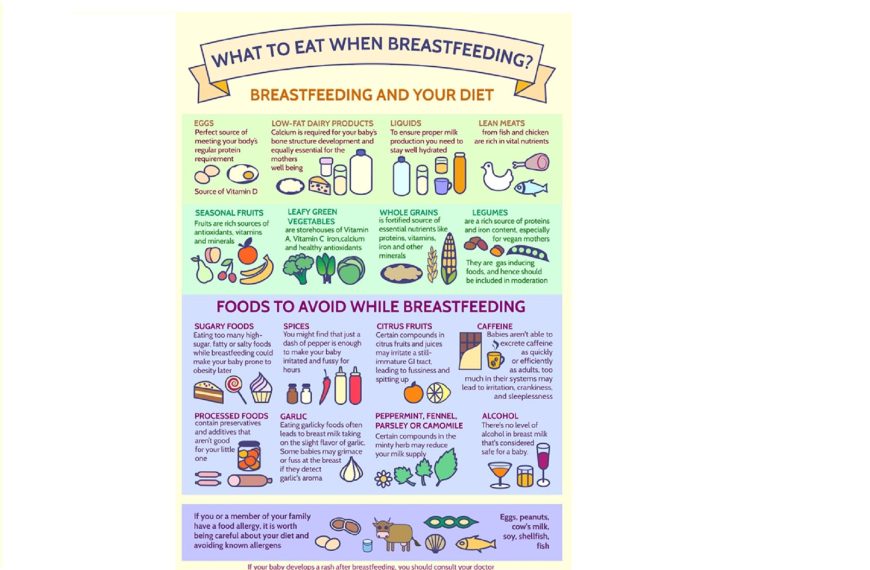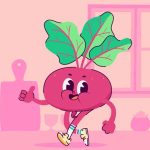Breast feeding is one of the best moments in motherhood as it becomes a connector between you and the child as you feed the baby quality foods for growth. However, the foods you take do have a direct effect on the quality of your breast milk and as such your child’s health. Below are some food lists that should not be in the mouth of your child, especially in the first few months of his/her life if you want your child to get the right nutrition required in early life.
Table of Contents:
- Foods to Avoid During Breastfeeding
- Foods to Be Avoided During Lactation
- List of Foods to Avoid While Breastfeeding
- Breastfeeding Nutrition
- What to Eat While Breastfeeding
Foods to Avoid During Breastfeeding
While breastfeeding mothers generally don’t need to be as restrictive with their diet as during pregnancy, certain foods deserve careful consideration:
- High-Mercury Fish: Foods to avoid are shark, swordfish, king mackerel and tilefish because they are rich in mercury, which passes through breast milk to harm your baby’s developing nervous system. However, foods with low mercury contents are, for example, salmon, tilapia and sardines and so on.
- Excessive Caffeine: Average consumption of caffeine is not really unhealthy up to 300mg per day; however, high amounts of this consumed will make your baby murky and disrupts the sleeping pattern of the baby. Caffeine is also present, besides in coffee, in tea, chocolates and some sodas and beverages as well.
- Alcohol: Alcohol is fine if taken in small quantities, but if u is a mother to be or breastfeeding your child it would affect the production of milk and ensure the baby has a terrible night sleep and poor growth. If you choose to drink, it is safe to wait for 2-3 hours to breastfeed after taking any alcoholic beverage.
Foods to Be Avoided During Lactation:
Some foods can cause discomfort or allergic reactions in sensitive babies:
Common Allergens: Although you don’t have to entirely rule out these foods, but look for reactions when ingesting:
– Cow’s milk
– Eggs
– Peanuts
– Tree nuts
– Wheat
– Soy
Gas-Producing Foods: By the time the mother is taking the following foods and drinks some babies may turn crumbly:
– Cross bearing vegetables (Broccoli, cauliflower, Cabbage)
– Beans and lentils
– Onions and garlic
– Carbonated beverages
Strongly Flavoured Foods: After mothers consume some babies might reject breast milk. Some babies might reject breast milk after mothers consume the following:
– Spicy foods
– Strong herbs and spices
– Excessive garlic
– Bitter vegetables
List of Foods to Avoid While Breastfeeding
Keep this comprehensive list handy when planning your meals:
Definitely Avoid:
– High-mercury fish
– Excessive caffeine (more than 300 mg daily)
– Alcohol (if unable to wait before nursing)
– Herbal supplements (unless approved by your healthcare provider)
Monitor and Limit:
– Citrus fruits (may cause diaper rash in some babies)
– Chocolate (contains caffeine and may cause irritability)
– Parsley, peppermint, and sage (may decrease milk supply)
– Processed foods high in added sugars and unhealthy fats
Breastfeeding Nutrition:
As you breastfeed your baby it is crucial to feed your body with the appropriate nutrients that would be helpful to your baby and put you back on track to improved health. Focus on:
- Adequate Caloric Intake: When breastfeeding, you need an additional 300-500 calories per day or about 2,300 to 2,500 calories a day.
- Essential Nutrients:
- Proper Hydration: Drink water when you need it most and otherwise try to have 8-10 glasses daily.
A nutrient used to rebuild tissues in the body and also to make milk.
– Calcium for bone health
-Iron to be an energy source to renew the quick weariness and fight anemia directly
-Omega-3 fatty acids for which appropriate intake is crucial in the development of a baby’s brain.
-Vitamin D for enhancing the immunity system.
What to Eat While Breastfeeding:
Instead of focusing solely on restrictions, emphasize these nutritious foods:
- Protein-Rich Foods:
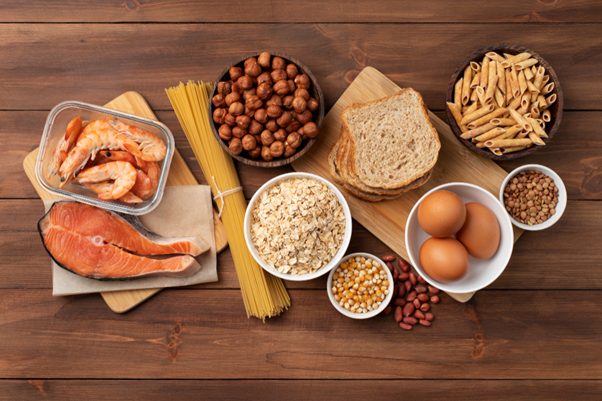
– Lean meats
– Fish low in mercury
– Eggs
– Legumes
– Greek yogurt
- Healthy Fats:
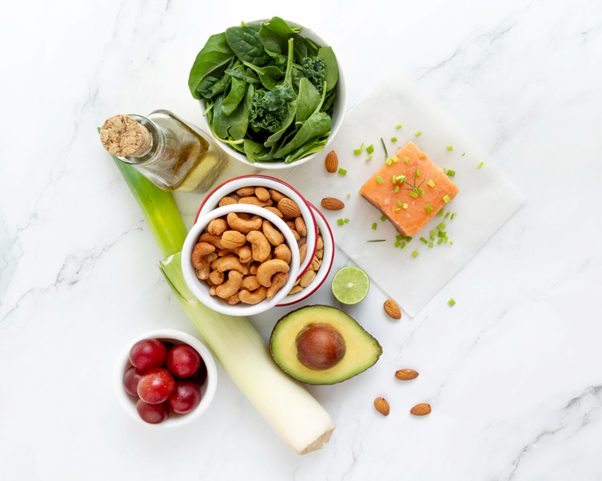
– Avocados
– Nuts and seeds
– Olive oil
– Fatty fish (salmon, sardines)
- Complex Carbohydrates:
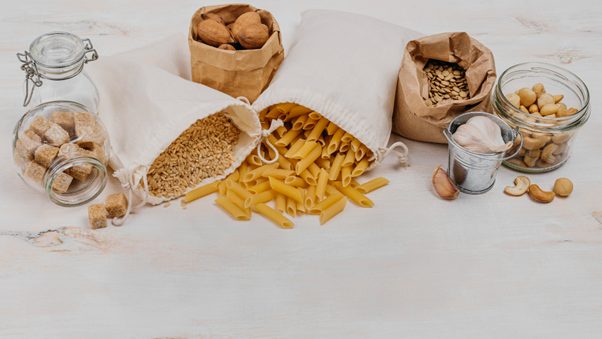
– Whole grains
– Sweet potatoes
– Quinoa
– Oats
- Fruits and Vegetables:
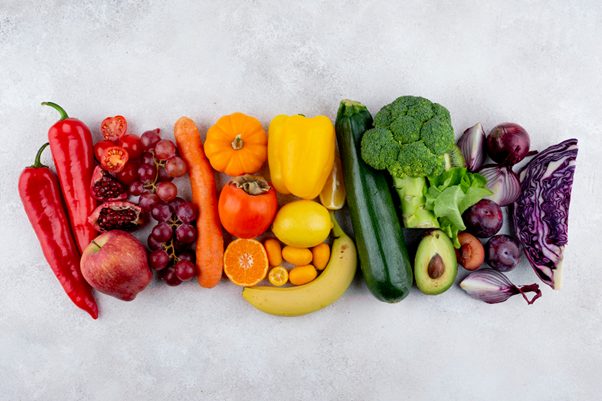
– Dark leafy greens
– Colourful fruits
– Varied vegetables
– Berries
At the same time, it is important to remember that there is no universal rule concerning babies. It is strange that at times what may have an impact on one child may not affect another child at all. If your child seems to become cranky and comes up with a rash or any other symptoms of food intolerance, you should write down what you serve your child. This may be helpful in identifying what for possibly it could be certain kinds of foods that may be affecting you a bit.
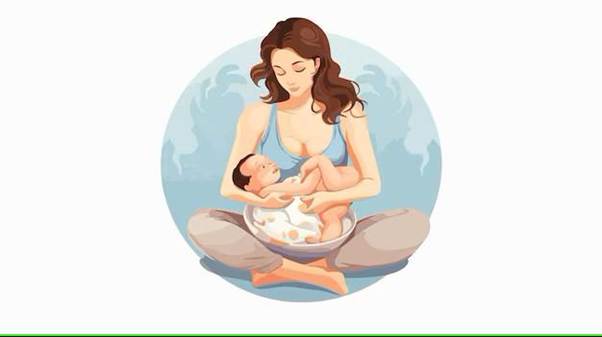
As much as this list of foods to avoid may appear exhaustive, most mothers will appreciate that breastfeeding does not in any way limit variety in a diet. The thing is moderation, and, of course, focus on your baby’s reactions. For that matter, if you are in doubt on what foods or supplements you should take, please do not hesitate to consult your healthcare provider.
Ensure that you feed well, take ample water with you, and most importantly fully enjoy your special time with the little one. Your body was programmed to produce the right ingredients for your little one, an aspect that can be enhanced by adopting the right dietary habits.
For more such interesting blogs, Visit EuroKids





